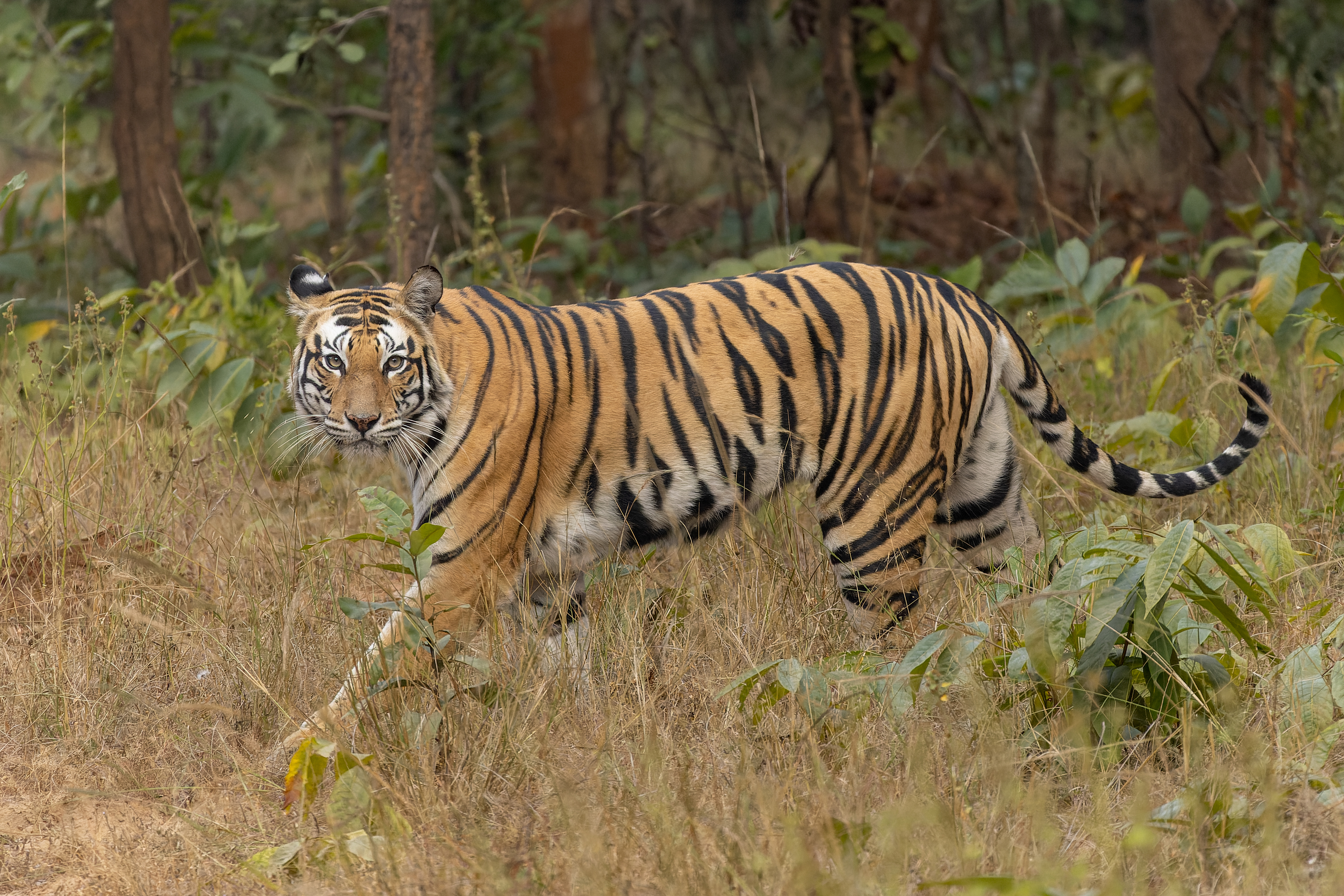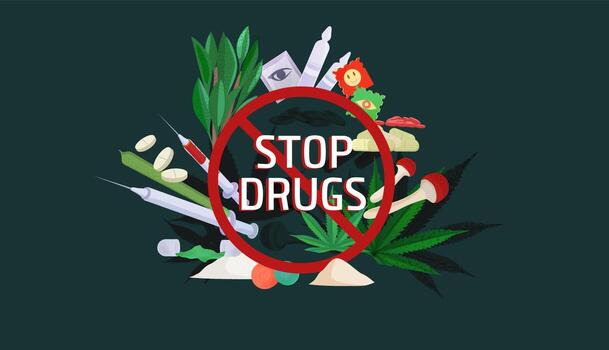Notes from Yoda of the Science Geek council

If there was a Jedi-esque Science Geek council, Bill Gates would have my vote for Master Yoda.
Steven Levy shared a great interview with Gates on Wired magazine. Separately, Gates also wrote a powerful post on his blog titled “COVID-19 is awful. Climate change could be worse.”
3 important notes from these posts –
1. COVID-19 timeline: “And that makes me feel like, for the rich world, we should largely be able to end this thing by the end of 2021, and for the world at large by the end of 2022.”
A few weeks back, I thought end of 2021 would be the optimist’s timeline. But, given the information Gates has, this optimism is perhaps warranted.
2. On anti-science and social media: Well, strangely, I’m involved in almost everything that anti-science is fighting. I’m involved with climate change, GMOs, and vaccines. The irony is that it’s digital social media that allows this kind of titillating, oversimplistic explanation of, “OK, there’s just an evil person, and that explains all of this.” And when you have [posts] encrypted, there is no way to know what it is. I personally believe government should not allow those types of lies or fraud or child pornography [to be hidden with encryption like WhatsApp or Facebook Messenger].
He makes an important point on encryption. Facebook has been in a hurry to encrypt posts. But, the more encryption, the more impossible it becomes to catch child pornography, hate crime, or, in this case, fake news that costs lives.
3. On the effect of COVID-19 on emissions: Analysts disagree about how much emissions will go down this year, but the International Energy Agency puts the reduction around 8 percent. In real terms, that means we will release the equivalent of around 47 billion tons of carbon, instead of 51 billion.
That’s a meaningful reduction, and we would be in great shape if we could continue that rate of decrease every year. Unfortunately, we can’t.
Consider what it’s taking to achieve this 8 percent reduction. More than 600,000 people have died, and tens of millions are out of work. This April, car traffic was half what it was in April 2019. For months, air traffic virtually came to a halt.
It is amazing (and scary) to think that global lockdowns have only reduced emissions by 8%. There is no running away from the reality of the climate crisis. And, the COVID-19 crisis, in many ways, points to just how much work lies ahead.
It also serves as an important reminder that we can’t fight physical realities by wishing they go away. Hope and denial is not an effective strategy. We need to let science lead the way.




.jpg)





